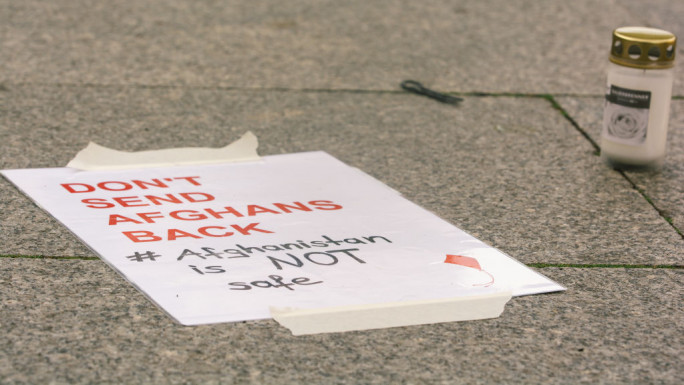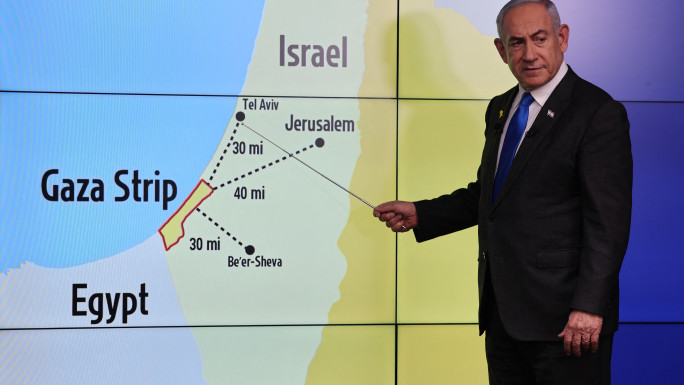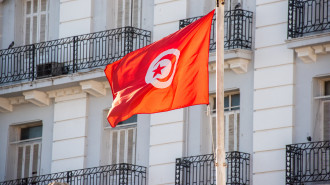Qatar's 'no-go' housing zones further isolate migrant workers
The Qatari Ministry of Municipality and Urban Planning (MMUP) has published a series of interactive maps on its Arabic website to highlight the family-only residential areas where migrant workers housing and labour camps are not permitted, according to local daily al-Arab.
The "no-go" zones for worker housing detailed on the ministry's maps include almost all of central Doha, as well as parts of other cities such as al-Wakrah, al-Khor, Umm Salal, and al-Rayyan.
 |
|
| MMUP interactive maps detailing family-only residential areas where migrant workers housing and labour camps are not permitted [MMUP] |
The ban on "bachelor" workers' housing is not new.
In 2010, Qatar's former emir ratified a law prohibiting workers' housing within other residential areas.
However, this seems to be the first time the government has released detailed maps highlighting family-only zones.
According to Doha News, the move was spurred by complaints from members of the local community, who said that they felt "threatened" in residential areas that had a large presence of male workers.
The government has also assigned a phone number for citizens to call and report violations of the law.
The law makes it illegal for sponsors to house groups of workers within the cities' central areas, pushing them to labour camps in the Industrial Area and other out-of-town districts.
The ministry has previously explained that the law would only apply to groups of male construction and contracting workers being housed in group accommodation such as labour camps. It does not apply to individuals working in grocery stores or barbers, or to male professional employees.
Workers living conditions
Qatar has been under significant pressure to improve the living conditions of its workers, whose housing has been criticised for overcrowding, unsanitary conditions, and having insufficient facilities.
The majority of Qatar's workforce is housed in labour camps outside of Doha, as well as in other areas which are usually far from "family" residential areas.
In July, a Qatar-based developer signed a $2.5m contract with a California firm for a new device to be used to track construction workers living in its new housing projects, built as part of Qatar's infrastructure projects ahead of its hosting of the 2022 FIFA World Cup.
The deal raised concerns about the possibility of using the device to control workers and impose further restrictions on their freedom of movement and privacy.
![Qatar migrant workers [AFP/Getty] Qatar migrant workers [AFP/Getty]](/sites/default/files/styles/large_16_9/public/media/images/62E0875F-B4D9-4502-AF94-836C3609BDEE.jpg?h=d1cb525d&itok=vYu4Vmgu)




![gaza hospital [getty]](/sites/default/files/styles/image_684x385/public/media/images/04CAB42E-7AB3-4448-B45F-B0E1D7D43091.jpg?h=d1cb525d&itok=XYFJ5dpl)


